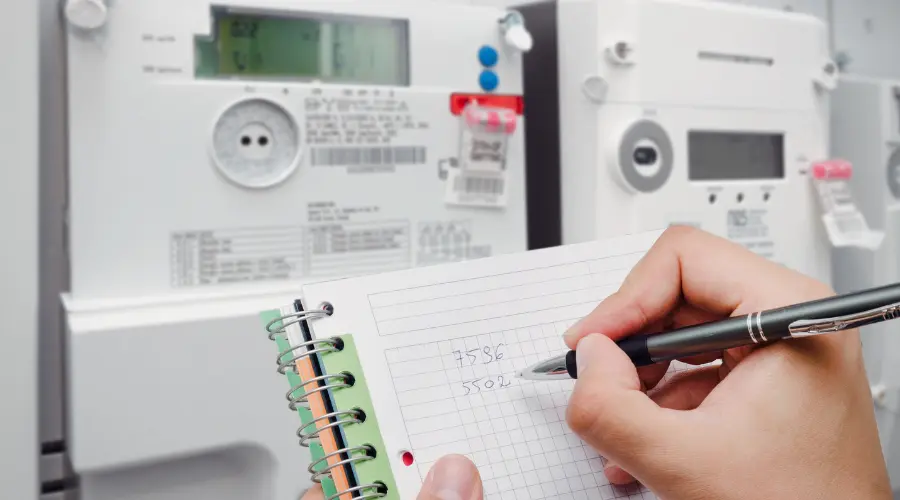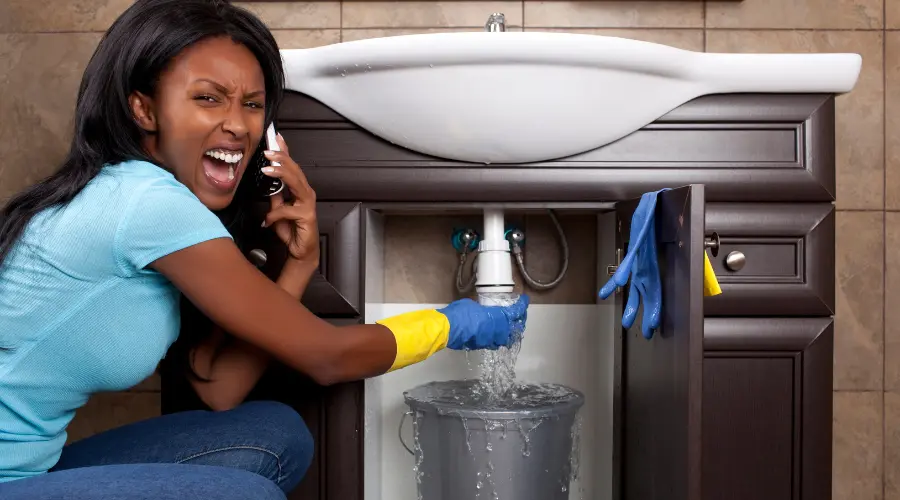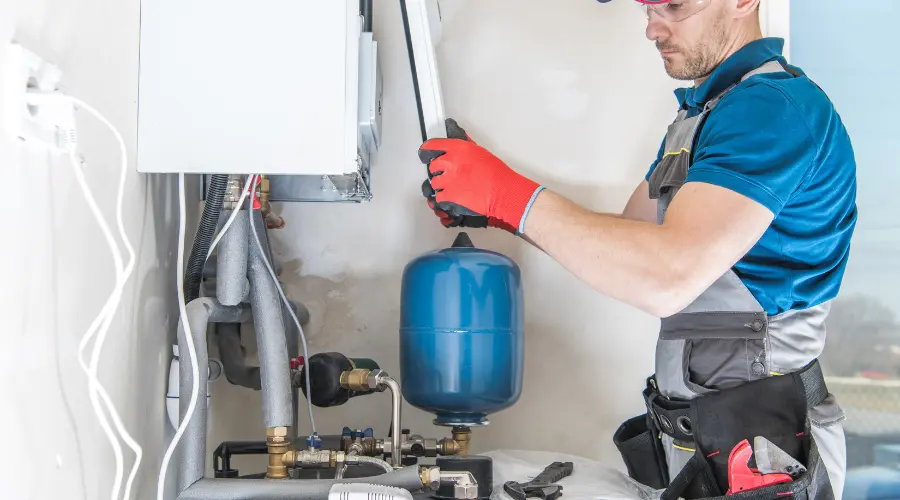It seems like everyone likes being able to use wipes that can be flushed. In any case, using one of these products instead of just toilet paper will make you feel like you used something cleaner and more interesting than you would if you just used toilet paper by itself. This is different from what you’d get if you just used toilet paper. Wipes that contain medicine are another way to help ease the uncomfortable feelings caused by a wide range of medical conditions. But, unlike regular wipes, can you really flush flushable wipes down the toilet the same way you do with regular wipes? There is a chance that flushing wipes down the toilet could hurt the septic tank or the pipes that carry sewage.
The plumbing experts at West New York Plumbing and Heating tell you everything you need to know about flushable wipes, including the answer to the question everyone has been asking: do flushable wipes cause plumbing problems?
Is it safe to think that flushable wipes can actually be flushed down the toilet?
Is it okay to flush flushable wipes like you would regular toilet paper? There have been other homeowners who have asked the same questions as you in the past. At this point, the answer to this question is almost certainly not going to be given. They’ve been around for a long time, but most people don’t know that they shouldn’t be used in plumbing systems because they don’t break down very quickly. This is because plumbing systems are not made to handle things that don’t break down quickly. This is because plumbing systems are made to deal with things that break down very quickly. Wipes are made of a type of paper pulp that is held together with chemicals like polyester and polymers that don’t break down. Wipes are sometimes called baby wipes. Wipes are also sometimes called baby wipes. In some places, disposable wipes are also called tampons. Wipes break down much more slowly than toilet paper, which is almost useless as soon as it comes in contact with water. Wipes can be used again and again for a long time. But wipes will clog drains and sewers if they are flushed down the toilet or dumped in the sewer system. If these wipes aren’t broken down in the right way, it could cause clogs, backups, blockages, and flooding.
Do Flushable Wipes Clog Pipes?
There is no way to get around the fact that flushable wipes add to the buildup of debris in plumbing systems, and it is also impossible to avoid this fact. The experts at West New York Plumbing and Heating have the knowledge and experience to know that this is not true, even though the wipes companies will tell you something different so they can keep selling you their products. This is because they want you to keep buying their goods. They can do this because they know this is not true. If you’ve been using flushable wipes up until now without knowing that they could damage your waste pipes, you could end up with a clogged toilet. This risk is higher if you didn’t know before that flushable wipes could cause damage to your drain pipes. If you don’t know that flushable wipes could cause damage to your sewer pipes, you are putting yourself at a higher risk of having that happen.
This short tutorial will show you how to unclog a toilet that has been clogged by flushable wipes. You can use it as a guide when you try to fix the problem.
- Grab a plunger from the toolkit to get started. You can try to break up the clog with the plunger and move the wipes further down the sewer system so they can be taken out. This will make it possible to get rid of the wipes from the system.
- A toilet snake could be used. Using a toilet snake, which you can buy at most home improvement stores, you can get rid of the wipes that are clogging the pipe. After that, you can use the toilet snake to get the things back out of your toilet’s pipes the way they came in. When the time comes, you should be ready to take the wipes out of their container and put them in the trash.
Call a professional. In some cases, the only way to get rid of a clog is to call a plumber who knows what they’re doing. This is especially true for clogs caused by flushing wipes, which tend to be deep-seated.
Can you flush flushable wipes down a toilet that has a septic system?
If your property has a septic tank instead of being hooked up to the city’s sewer system, you may be wondering what flushable wipes do to your septic tank. This is because wipes that can be flushed are made to dissolve in water instead of turning into solid waste. Even though flushable wipes are made to break down in the water when flushed down the toilet, they shouldn’t be used in septic systems because they don’t break down as toilet paper does. Non-dissolvable wipes could clog your pipes and will also build up in the part of the septic tank where solid waste is kept. Most of the time, this part of the tank is at the bottom. Because of this, the pump will have to be used to empty the tank more often. This raises the cost of plumbing and could block your septic system. Also, costs associated with plumbing go up. There is also an increase in the costs of plumbing.
What should I do if a toilet clog is caused by wipes that can be flushed down the toilet?
It’s not a bad idea to have wipes in the bathroom that can be flushed away after use. It might even be a good idea. On the other side, flushable wipes might end up causing more problems for your plumbing system than they solve in the long run. Most homeowners don’t know that flushable wipes can cause problems for their plumbing systems and that they don’t break down as toilet paper does. This is a problem since flushable wipes could damage plumbing systems in homes. If you and your family have been using flushable wipes and have clogged pipes, drains, and toilets as a result, you don’t need to worry. The West New York Plumbing and Heating team that works in your area is available to help you. You can either call us at (201) 977–6775 or go to our website to make an appointment for service. Both choices are open to you. You are free to choose either option.





